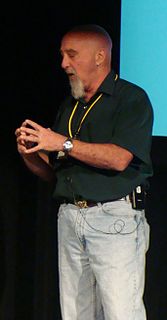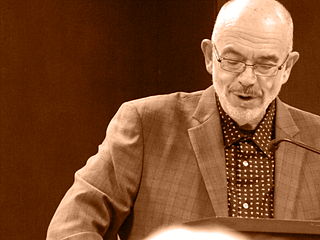A Quote by Huston Smith
Entheogens are not to be lightly trifled with... However, if taken with the right attitude and in the proper setting, psychoactive drugs may produce religious experiences. ...it is far less clear that they can produce religious lives.
Related Quotes
the heart of religion is not altered states but altered traits of character. For me, then, the test of a substance's religious worth or validity is not what kind of far-out experience it can produce, but is the life improved by its use? That's the test. Now, on that score, if you remove the "religious cocoon," the experiences don't seem to have much in the way of discernible, traceable effects.
A religion made up solely of heightened religious experiences would not be a religion at all. ...The major religious traditions address the mysteries (with or without entheogens), but they have other business to do: widen understanding, give meaning, provide solace, promote loving-kindness, and connect human being to human being.
What about self-awareness, the mysterious ability of the brain to reflect upon itself? Self-awareness can be tampered with by brainwashing, psychoactive drugs, electrical stimulation, political or religious propaganda, even advertising. A lifetime in front of a TV set may be the equivalent of a self transplant.
He that has energy enough in his constitution to root out a vice should go a little further, and try to plant a virtue in its place; otherwise he will have his labor to renew. A strong soil that has produced weeds may be made to produce wheat with far less difficulty than it would cost to make it produce nothing.
The fact that people have religious experiences is interesting from the psychological point of view, but it does not in any way imply that there is such a thing as religious knowledge...Unless he can formulate this 'knowledge' in propositions that are empirically verifiable, we may be sure that he is deceiving himself.
I believe we should really take our own phenomenology more seriously. What a good theory of conscious must explain is the variance in this subjective sense of realness: There clearly is a phenomenology of "hyperrealness", for example during religious experiences or under the influence of certain psychoactive substances.




































